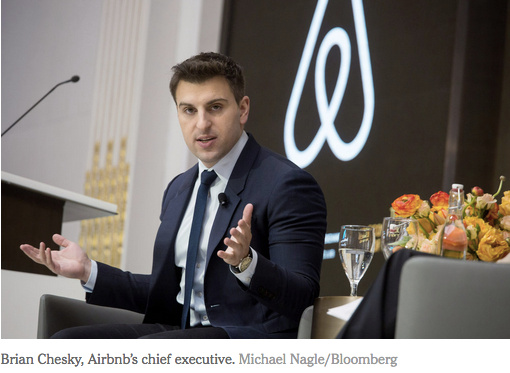Indeed, the beauty of this era is that you don’t need to wait for Ford to come to your town with a 25,000-person auto factory. Anyway, that factory is now 2,500 robots and 1,000 people. The future belongs to communities that learn to leverage their unique attributes, artisans and human talent.
There is no Eiffel Tower in Louisville, Ky., but there are amazing bourbon distilleries popping up all over, creating myriad tourist opportunities; there are no pyramids in Detroit, but there is a bountiful history of Motown music and all kinds of artists now creating boutique concerts and tours for visitors to experience it.
Is this the only answer for the American middle-class jobs challenge? Of course not. There is no one answer. That’s the point.
We have to do 50 things right to recreate that broad middle class of the ’50s and ’60s, and platforms like Airbnb’s are just one of them. (Having universal health care to create a safety net under all of these budding entrepreneurs would be another.) But you have to be inspired by how many people are now finding joy and income by mining their passions.
“A tourist is someone who does things that locals who live there never do,” said Chesky. Airbnb’s experiences platform is now enabling visitors to live like locals — even though they’re guests and, in the process, enrich the local community and create new employment. Any town can play.
So much of what companies did in the past, concluded Chesky, “was unlocking natural resources to build the stuff we wanted.” Today’s new platforms are unlocking human potential to “be the people we wanted.”




